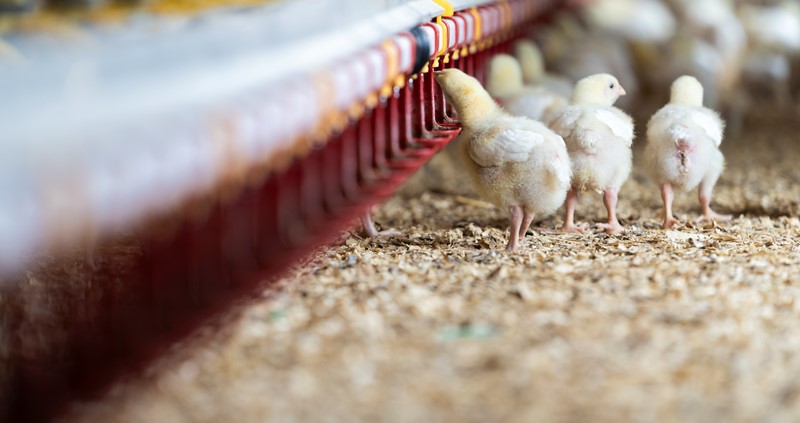It is a warm June day when I visit Leafield Farm in Gloucestershire. The yard is dominated by an ancient stone barn built of Cotswold stone, the sort a developer would give their right arm for. It is run by Jeremy Iles, the sixth generation of his family to be a tenant on the farm.
A diverse mix of enterprises
The farm has a mix of enterprises, including arable, poultry, beef, biomass and biogas. As tenants of the Ernest Cook Trust, they have always had to think proactively about succession and Jeremy took the tenancy on around 14 years ago from his father, Bob.
“The main theme is diversity in what we are doing. We like to stack enterprises,” Jeremy said.
We chat in the farm office. He apologises for a fish tank with no water in it, an item which was meant to provide a calming backdrop to the office but at the moment just reminds him of all the mounting jobs he still has to do.
While Jeremy is the day-to-day manager of the poultry business, he is also a third partner in a contract arable farming business which covers his and two other partners’ farms, as well as for other neighbouring farms. In addition, he is a partner in a biogas business based on a nearby farm, selling chicken and cattle manure as well as maize and grass silage to the digester.
“The biogas plant is completely self sufficient except during a drought year. Last year was very challenging,” he says. All digestate produced is used to fertilise the following year’s crops.
The cattle enterprise consists of 130 suckler cows with calves and followers, utilising the Stabiliser breed. They also have 200kW of biomass boilers on site and 120kW of solar on the roofs of one of the poultry houses.
Supplying Britain's poultry market
Jeremy pulls his family tree down from the wall and shows me the origins of the business. He praises his father for his innovative thinking: Firstly marrying someone from outside of the village and widening the gene pool (Jeremy’s mother is an Australian), and secondly for starting the broiler enterprise.
“We have thin soil which is challenging to grow high yielding crops on. Dad looked at various options. We wanted something agricultural but also diversified. We had lots of ideas, including worm farming, but in the end broilers hit the spot. We put our first shed up in 1986 supplying Faccenda.”
